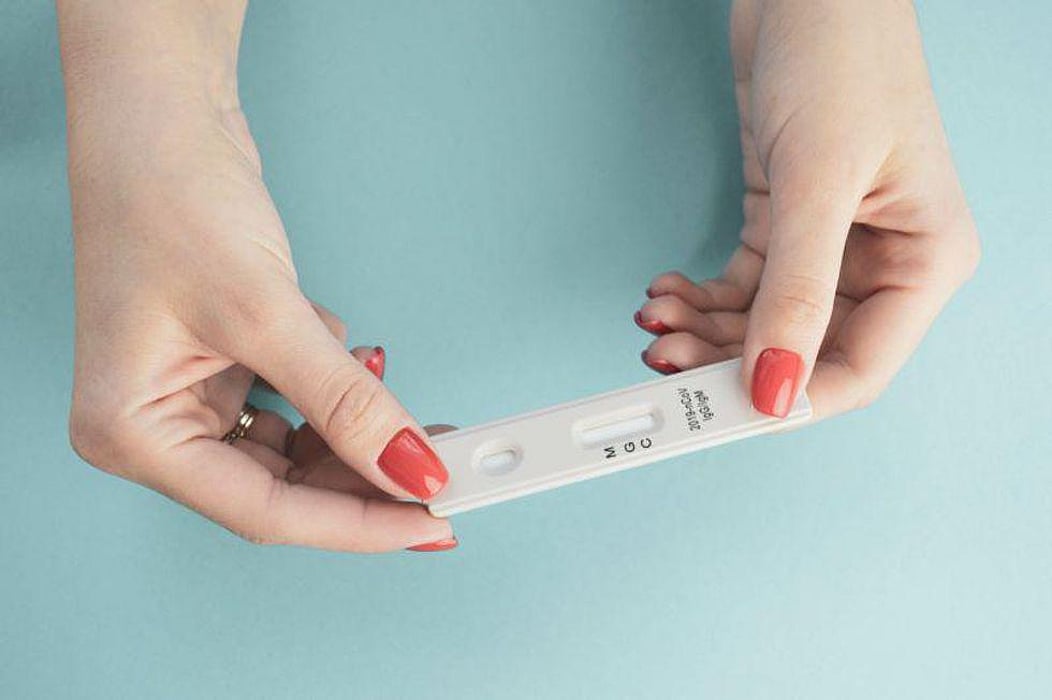Many COVID-19 Home Test Users May Act on Quarantine Inappropriately

MONDAY, Feb. 14, 2022 (HealthDay News) -- At-home COVID-19 self-test kit users who rely on the U.S. Food and Drug Administration-authorized instructions may not follow the U.S. Centers for Disease Control and Prevention quarantine recommendations, according to a study published online Jan. 31 in JAMA Internal Medicine.
Steven Woloshin, M.D., from the Dartmouth Institute for Health Policy and Clinical Practice in Lebanon, New Hampshire, and colleagues assessed how users of at-home COVID-19 self-test kits interpret and act on results when given instructions. The analysis included 338 U.S. adults randomly assigned to one of three instruction types and were presented with one of four risk scenarios.
The researchers found that given a positive test result, 95 percent of participants appropriately chose to quarantine, regardless of which instructions they had received. For participants given a negative test result but with high pretest probability scenarios, there was a higher likelihood of failing to quarantine appropriately with the authorized instructions (33 percent) versus with the intervention (14 percent) or control (24 percent). The proportion choosing unnecessary quarantine in the low pretest probability scenario was higher with the authorized instructions (31 percent) than with the intervention (22 percent) or control (10 percent), although neither comparison was statistically significant.
"Redesigned instructions that follow decision science principles may improve compliance," the authors write.
Related Posts
Cognitive Decline Speeds Up Following Postoperative Delirium
THURSDAY, March 30, 2023 (HealthDay News) -- Postoperative delirium is...
Delays in Endometriosis Diagnosis Tied to Increased Health Care Utilization
THURSDAY, Aug. 31, 2023 (HealthDay News) -- Women with undiagnosed endometriosis...
COVID-19 Travel Rules to Europe May Be Lifted for Vaccinated
WEDNESDAY, Feb. 23, 2022 (HealthDay News) -- All testing and quarantine...
